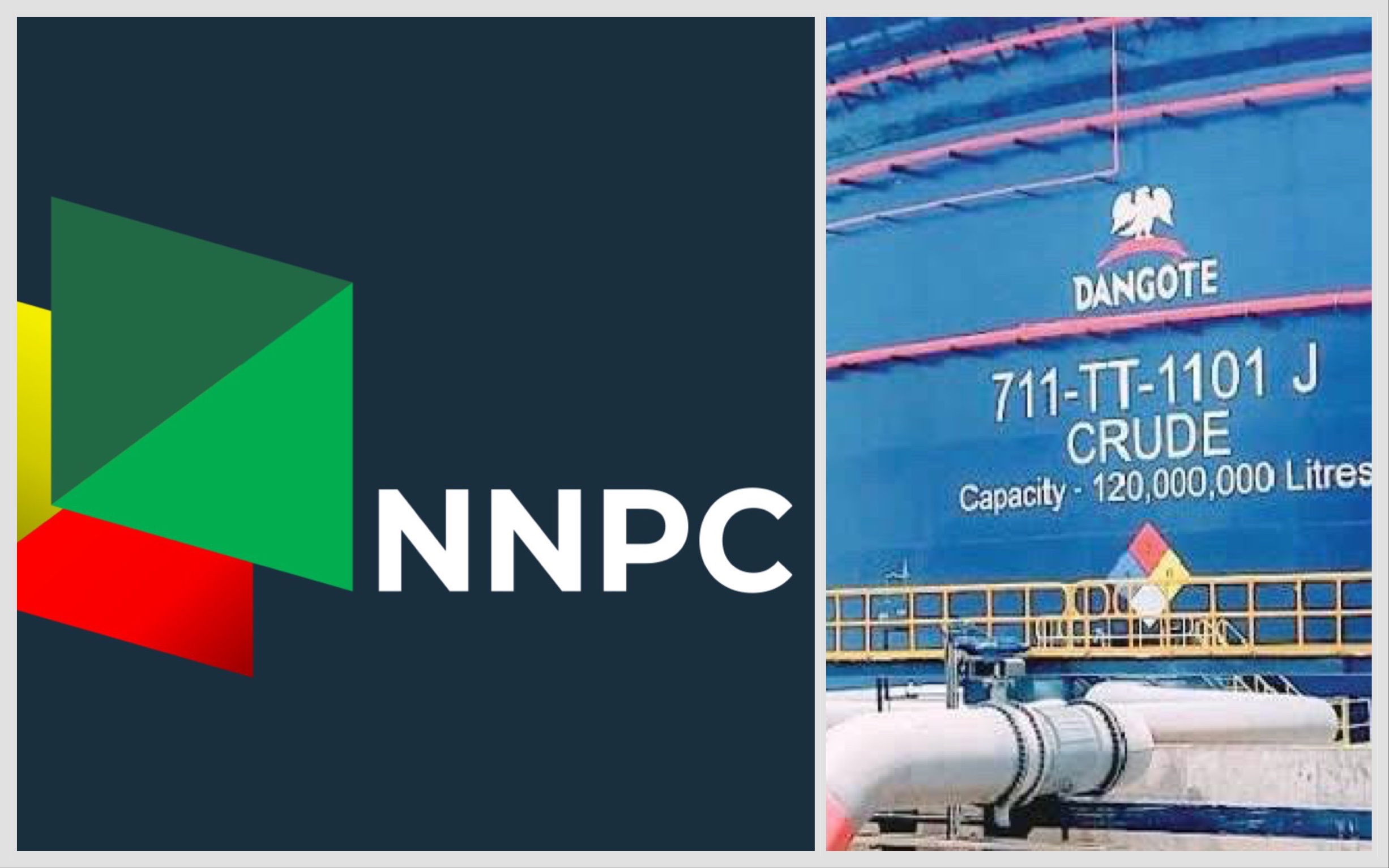Some oil marketers are removing the Nigerian National Petroleum Company Limited (NNPCL) logo from their filling stations, following the intense competition in the oil sector. The move comes after the recent price cuts in refined products by Dangote Petroleum Refinery, which has triggered a shift in how independent marketers operate. Dealers, especially in Lagos, are opting to rebrand their stations to access cheaper fuel from Dangote and other sources.
Marketers who once operated under the NNPCL brand are now rebranding as independent operators, aiming to secure lower-priced products. This is largely due to the deregulation of the downstream oil sector, which has increased competition among marketers. The introduction of cheaper refined products from Dangote’s refinery, with lower loading costs compared to imported petrol, has played a significant role in this shift.
According to Chinedu Ukadike, National Publicity Secretary of the Independent Petroleum Marketers Association of Nigeria, the NNPCL was once the exclusive importer of refined petrol, but with new market dynamics, marketers are now exploring other options. Filling stations that were once affiliated with NNPCL are rebranding as MRS stations or other private oil brands, as these now offer more competitive prices.
The rebranding is also a response to the reduced landing costs of petrol from Dangote’s refinery, which has disrupted the previous market structure. Dangote has adjusted its petrol price, reducing it from N950 to N890 per litre in response to global market changes. This pricing strategy has sparked a new petrol price war among marketers.
Experts suggest that more marketers may drop their NNPCL franchises, as the cost of importing petrol is now higher than sourcing it locally from Dangote’s refinery. The competition is expected to intensify as more marketers seek ways to cut costs and offer more competitive prices to consumers.
In a broader context, the deregulation of the downstream oil sector and the entrance of Dangote’s refinery have significantly changed the pricing dynamics, leading to a more competitive environment. Industry experts anticipate that these price wars will continue, benefiting consumers with potentially lower petrol prices.

